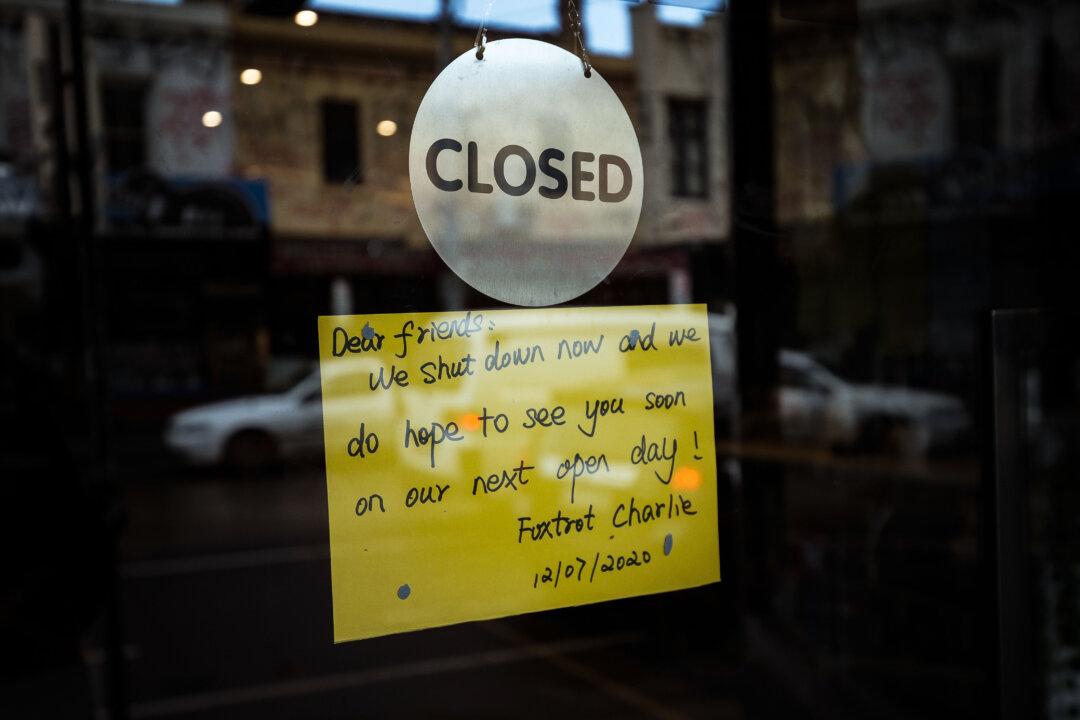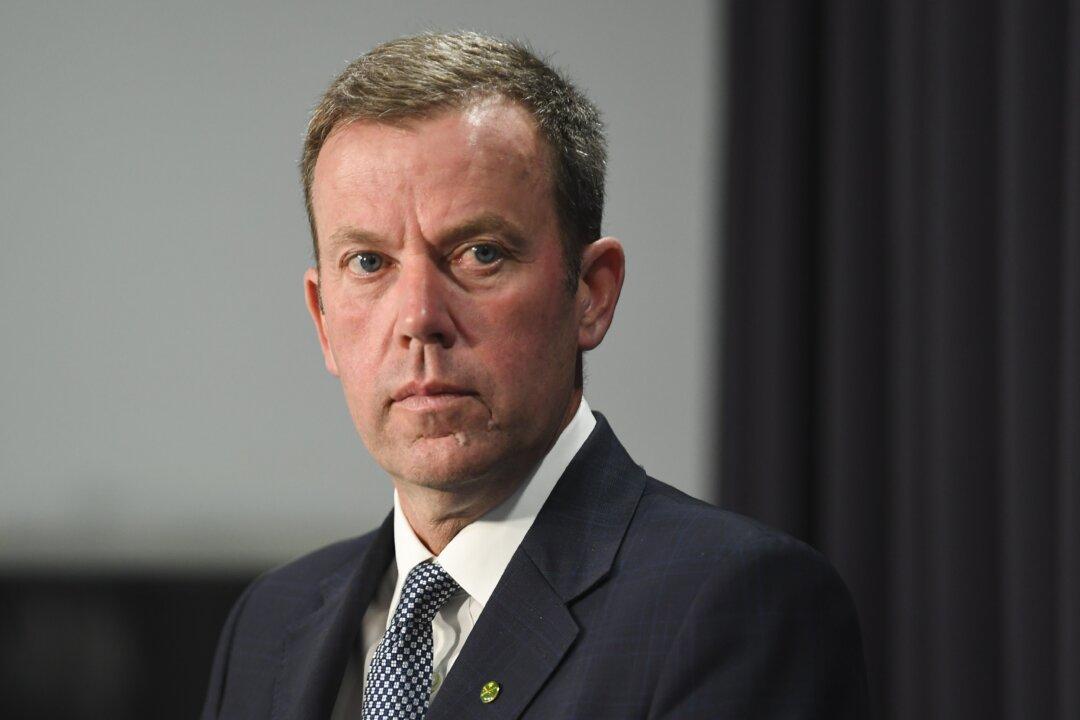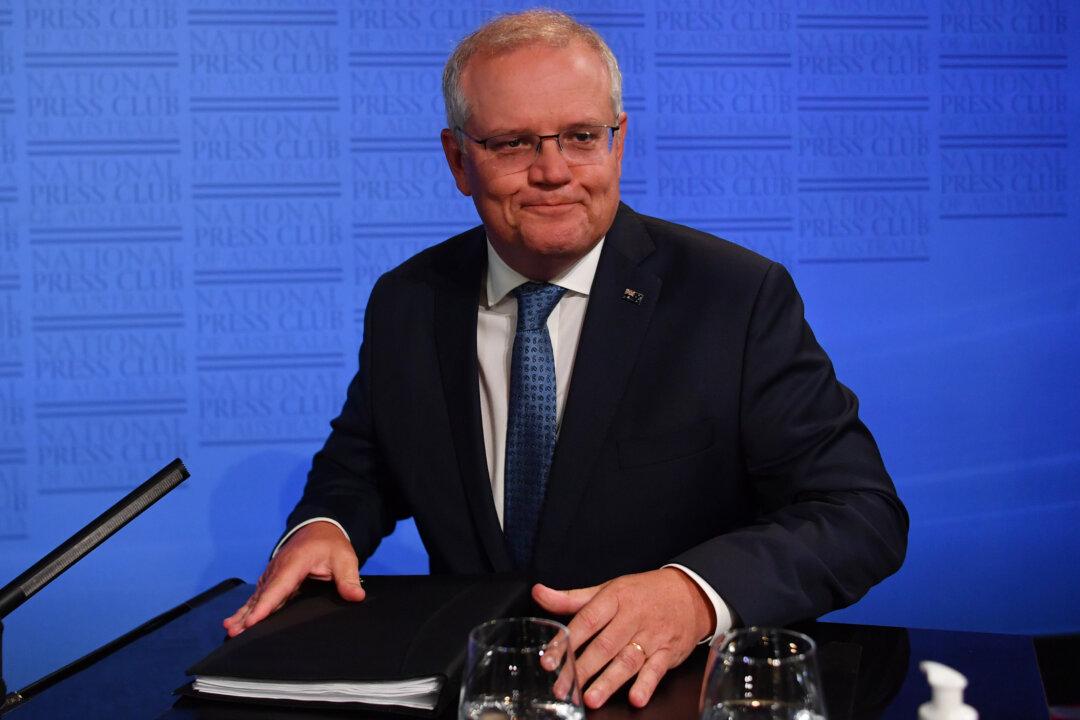The Australian Small Business and Family Enterprise Ombudsman Kate Carnell has challenged the Victorian government to pick up the costs incurred by small businesses who are unable to open due to the CCP virus extended stage four restrictions.
Carnell said the recently released roadmap out of lockdown by Andrew’s government has failed to bring hope and has left many business owners uncertain if it’s worth trying to holding on.





